Department
Biological Sciences
Biological Sciences


Prof YU Hao
Head of Department
“Our multidisciplinary research continues to focus on and excel in finding solutions to pressing issues such as food security, sustainability, health and diseases, and climate change, to name a few.”
Shaping Future Talent
The Department of Biological Sciences’ undergraduate programme in Life Sciences welcomed 400 students under the new College of Humanities and Sciences (CHS) curriculum. The strong enrolment was a testament to the versatile structure and flexibility of our curriculum.

Recognising Teaching Excellence
Assoc Prof LAM Siew Hong received the NUS Annual Teaching Excellence Award (2022). For him, the opportunity to teach is a privilege and he tries to impart knowledge to his students so that they can learn some “small positive influences” that benefit their lives.
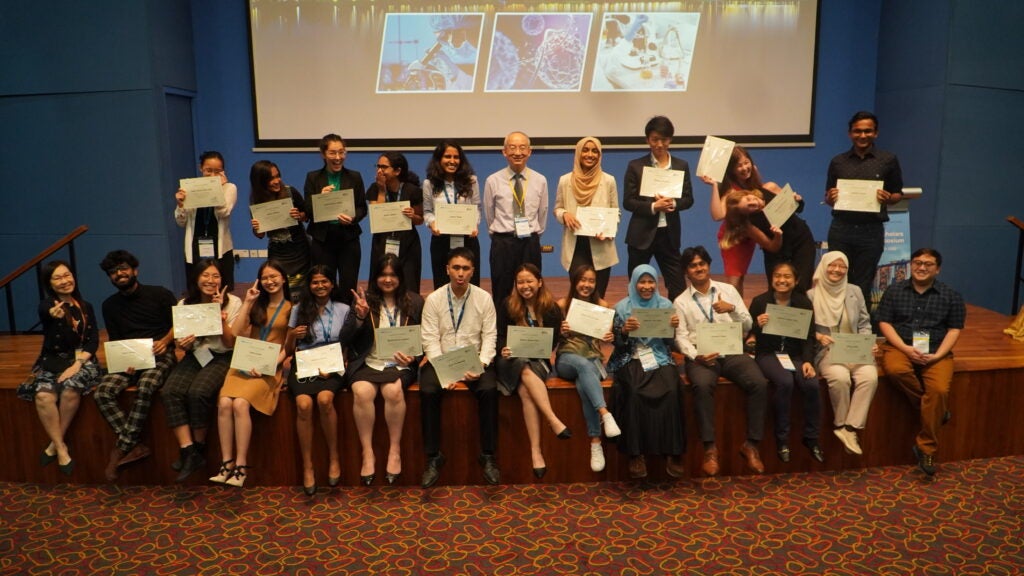
After a two-year hiatus, the Amgen Scholars Programme, an international research internship for undergraduates, brought together 22 outstanding scholars from local, regional and international universities on a common platform for research training and discussions during the summer break.
MSc in Biotechnology
MSc in Biodiversity Conservation and Nature-based Climate Solutions
We also saw our first cohort of graduates from our new Master of Science (MSc) by Coursework programmes – MSc in Biotechnology (MBT) and MSc in Biodiversity Conservation and Nature-based Climate Solutions (MBCNCS).
MBT offers multiple interesting capstone projects targeting pressing biotechnological discoveries, while MBCNCS was packed with exciting conversations with leaders of conservation and nature-based climate solutions, as well as outstanding internships and projects for students.
Shaping Future Solutions
We continue to address biological questions through multi- and interdisciplinary research using various organism models that thread across different scales, leading to discoveries with the potential to transform lives and the environment.
Biotechnological research

Regulating Plant Development
Prof YU Hao reported the first regulator that mediates the specificity of ribonucleic acid (RNA) modification in rice and also provides a novel mechanism for male meiosis and auxin biosynthesis in plants. This provides further important insights into successful plant development. This work was published in Developmental Cell (January 2022).
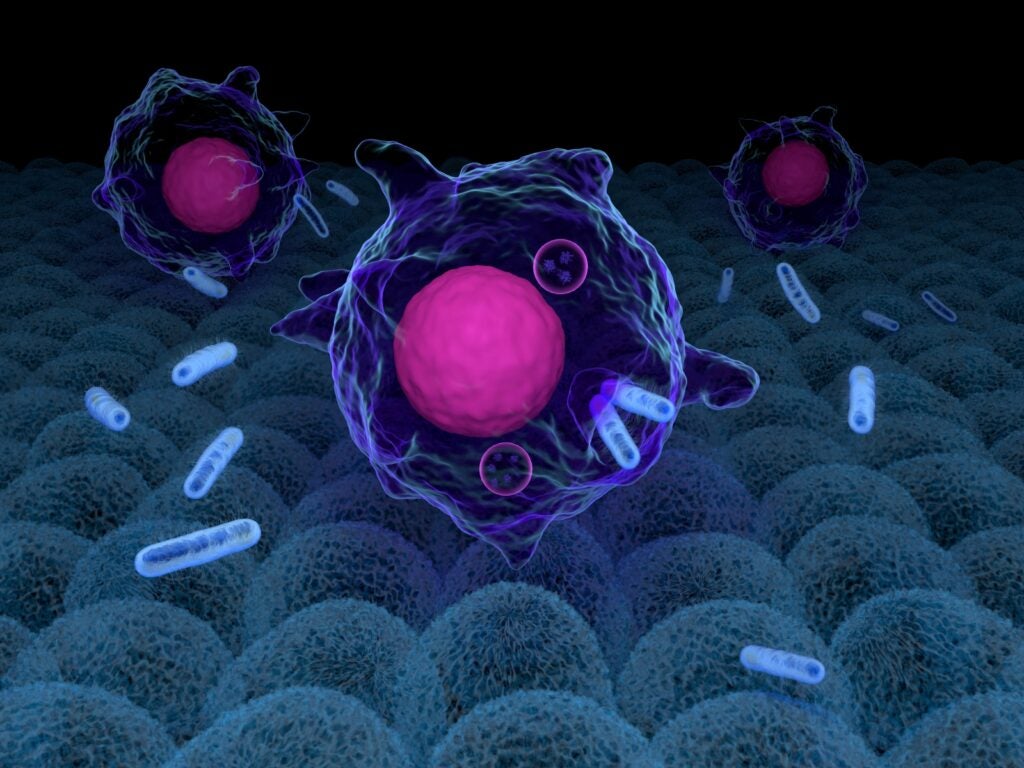
Fighting acute infection and cancer immunomodulation
Prof DING Jeak Ling, who has been pioneering biomedical research into the fundamentals of innate immunity since 1984, continued her research on host defence against bacterial infections by demonstrating that proliferating transitional premonocytes, an immediate precursor of mature macrophages (MatMos), replenish MatMos to fight bacterial infection and sepsis. This work was published in Science Advances (March 2022). At the same time, her research on natural killer cells in cancer immunomodulation was published in Frontiers in Cell and Developmental Biology (May 2022).

Protecting Lung Health
Assoc Prof GE Ruowen discovered an important physiological mechanism for maintaining lung homeostasis and demonstrated the potential of a therapeutic strategy for chronic obstructive pulmonary disease. Her work was published in the Proceedings of the National Academy of Sciences (January 2022).

Uncovering immune dysregulation affecting allergic diseases
Assoc Prof CHEW Fook Tim identified a functional genetic signal associated with allergies, highlighting a possible mechanism on how a targeted immune dysregulation can affect the risk for multiple disease phenotypes. This warrants further investigation for potential therapeutic intervention in affected patients. This work was published in Allergy (February 2022).
Biodiversity and sustainability research
Shedding light on spider sexual conflict
Assoc Prof LI Daiqin’s study on the mechanism that male spiders use to avoid sexual cannibalism made waves in over 50 international media, including CNN, BBC and Reuters. He documented a novel mechanism in a communal orb-weaving spider, where males undertake a split-second catapult action immediately after mating, fleeing their partner. This work was published in Current Biology (April 2022).
Quantifying carbon credits
Prof KOH Lian Pin mapped the multiple co-benefits of nature-based climate solutions and their positive impacts on society, providing insights to help businesses and policymakers make informed investment decisions for societal outcomes. This work was published in Nature Sustainability (May 2022).
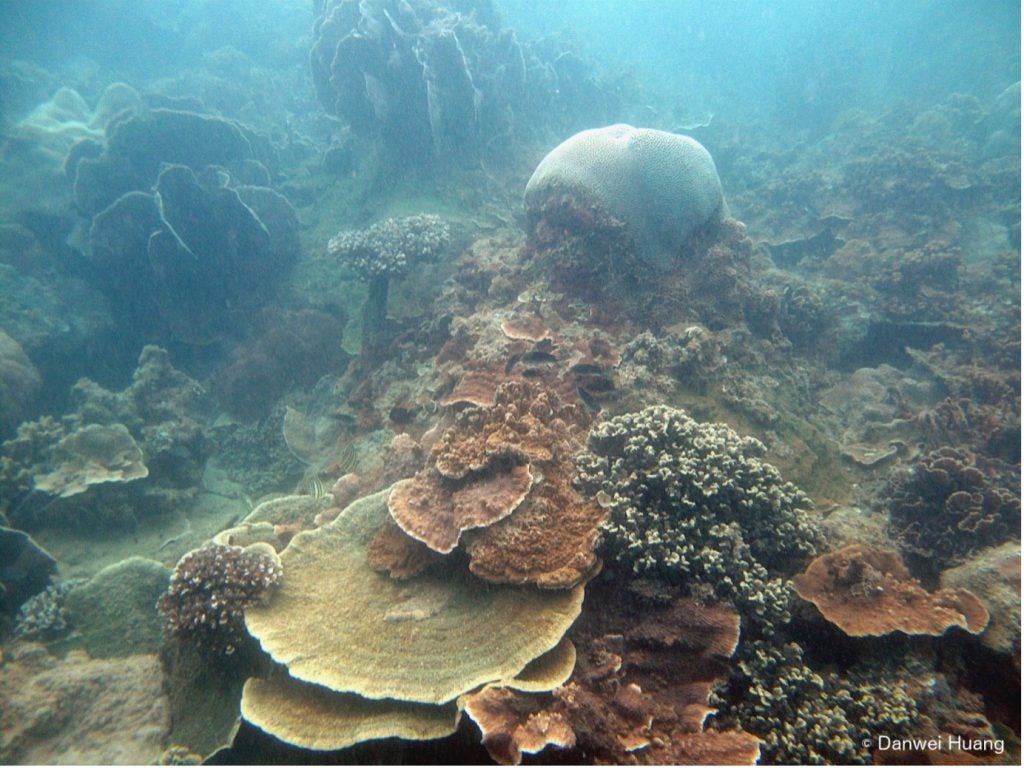
Maximising urban coastal resilience
Assoc Prof HUANG Danwei and his team introduced a novel framework to prepare for sea-level rise along urban coasts, paving the way for potential management interventions to enhance ecosystem resilience. This work was published in Landscape and Urban Planning (February 2022).
The NUS Research Centre on Sustainable Urban Farming (SUrF) commenced operations in January 2022 to focus on smart solutions to boost Singapore’s food security. It brings together an interdisciplinary team from science, engineering and computing to develop novel science-based solutions for sustainable urban farming.
Shaping Future Society
In spite of pandemic restrictions, we stepped up our outreach to schools and extended our engagement to Malaysia with our inaugural Biology Camp in July 2022. The camp offered lectures and workshops to high schools in Penang and Ipoh.
Our students and alumni continued to contribute to meaningful causes that create societal impact and make a positive difference to the community.